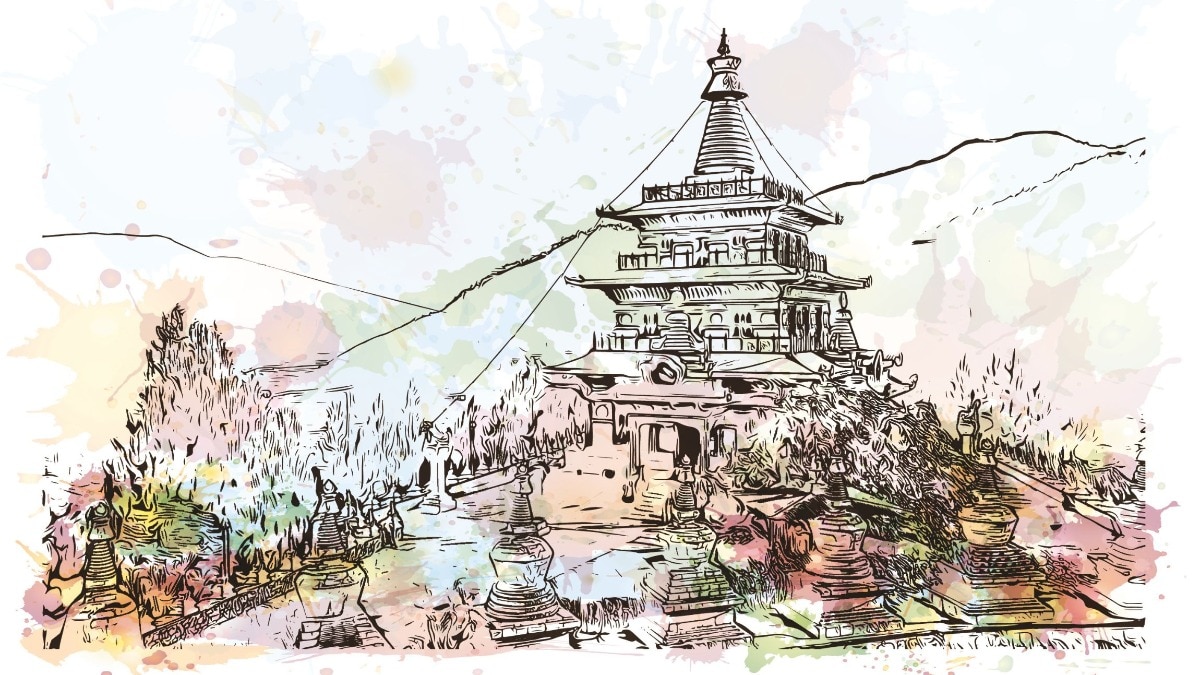
The unwritten rules of making your way to the top of the brutal world of politics you should know as a woman
Boris Johnson’s former aide, Cleo Watson, shows us the way.


In a screeching career gear-change worthy of Matt Hancock, I have hung up my political-adviser boots and become an author. My first novel, Whips, has just come out, following the careers of three friends as they navigate sex, power and general skulduggery in British politics. Someone pointed out to me recently that, one way or another, all the female characters in the book ‘win’ in the end. I suppose that’s how you know it’s a work of fiction.
It has got me thinking, though, about what it takes to be a successful woman in Westminster. The trouble is, I’m not one of them. I dearly wish I could say that, like many fabulous women in politics over the years, I smashed my way through glass ceilings, extended the ladder of opportunity and brought about serious, life-changing policy reforms.
But by any metric I was a failure: I lost several jobs, firstly from the natural course of events after Theresa May stood down in 2019, then when I was dumped by Boris Johnson in 2020, only to be re-hired for COP26 and bulleted again in 2021 (my sad hat-trick). My effort at a sassy slapdown of Johnson last summer got used in his official defence to the Partygate inquiry; and I’ve gained various nicknames, few of which can appear in print without burning the page.
Still, I managed to survive, which is by no means a small achievement, and I did get to witness some deeply impressive women in action. If you’re thinking of entering the political fray—and I hope you are, for fresh MPs are the vitamin IV drip needed to stop the body politic collapsing in on itself—I invite you to consider the following.
DON’T DEFINE SUCCESS BY THE TITLE YOU HAVE
Lots of people come to SW1 with heady goals, but end up wasting years of their lives scrapping over the chance to have ‘Rt Hon’ in front of their names. Those who really thrive are ultimately values-led. Why didn’t Theresa May leave Parliament once her premiership came to an end, like her predecessors? I’d wager she is driven by other things than simply getting to the top. It also explains how she maintained the same sphinx-like attitude to the suggestion that she should ‘bring her own noose’ to a meeting of her party’s MPs in 2018 as she did when voting on Boris Johnson’s future as PM last June in a full-length ball gown.
BE FLEXIBLE
Circumstances change in any working environment, and you need to adapt to play the long game. Savvy politicians have reinvented themselves more times than Madonna. This isn’t just the constantly shifting allegiances of MPs—it happens with advisers, too. You have to be nimble to survive reshuffles, briefing wars and scandals. Loyalty is important but can be blinding, so you may not tell your minister what they really ought to hear—which, in turn, means you aren’t doing your job very well, something that took me a while to realise. In fact, in the snakes-and-ladders world of politics, it is wise not to get too attached to your boss. You should, though, do your best to remain friendly with everyone, whether they’re on the way up or down. You never know who will come back around.

SET BOUNDARIES
One problem with Westminster is it is so easy for it to become your entire professional, social and, dare I say it, romantic life. There’s gossip and parties (and yes, gut-busting hard work), and it can be intoxicating. But that isn’t mandatory. Try to separate work and play. Ignore the after-hours drinking holes as much as possible; networks (and lifelong friendships) can be built through coffees, lunches and bracing walks around St James’s Park. Do not neglect your civilian life, not least because you need the refreshing realisation that your friends are merely shrugging at the latest world-ending story you’ve got swept up with in the bubble.
SOFT SKILLS MATTER
My CV is a nebulous assortment of ‘fixer’ roles, which, when done well, are most akin to being the cartilage between great, grinding bones. While these skills might seem useless, emotional intelligence and natural diplomacy are an absolute must in Westminster, and I’ve found the successful women there have them in spades. Indeed, one of the reasons more women should work in politics is because of those already in situ. The network is strong, and many of the men suspect it is a well-organised cabal.
Evidence of this came in the form of the hilariously alarmist briefings that appeared in January 2020 ahead of a reshuffle, claiming that, by having a few coffees, I had set up a ‘taskforce’ to ‘fast-track’ women MPs into enviable government roles ahead of the uber-talented PSMs (pale stale males), who simply never catch a break…
LEAVE MEANS LEAVE
As quite a few prime ministers have found out lately, the end comes and it comes swiftly. Occasionally, though, you get to find the exit yourself, and it takes an especially brave politician—particularly a woman, who has the extra pressure of our carried hopes—to say, after years of fighting, ‘I’ve had enough’. See Jacinda Ardern and Ruth Davidson (the other Scot, with Nicola Sturgeon’s legacy pending as of April 2023), who undoubtedly have glittering second careers to look forward to, away from the temptations of celebrity jungles and ice rinks. So give everything you can, while you can—and don’t look back once it’s over. And finally… Don’t do something stupid, like leave politics in time for ChatGPT to make a career of writing trashy novels immediately redundant.










